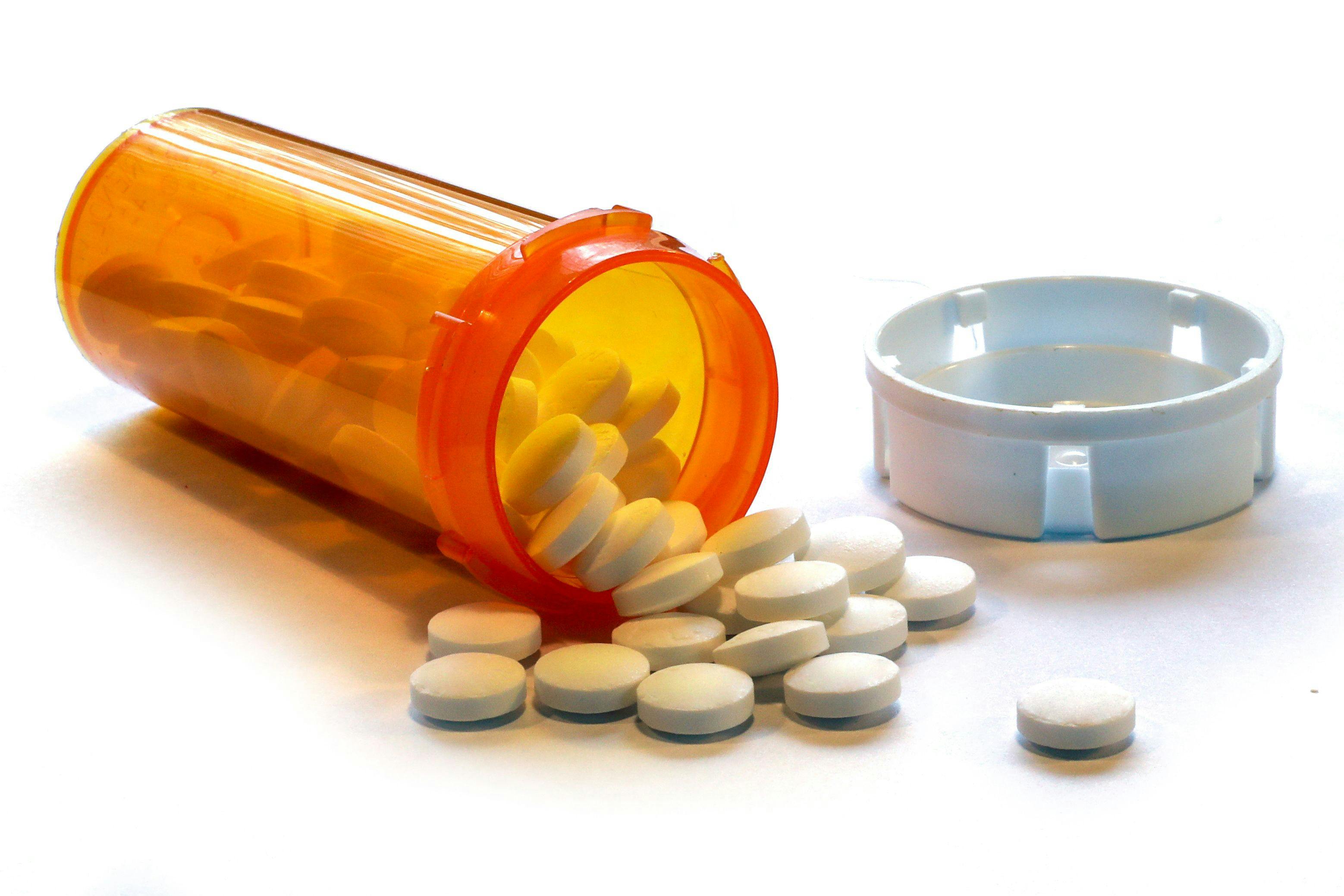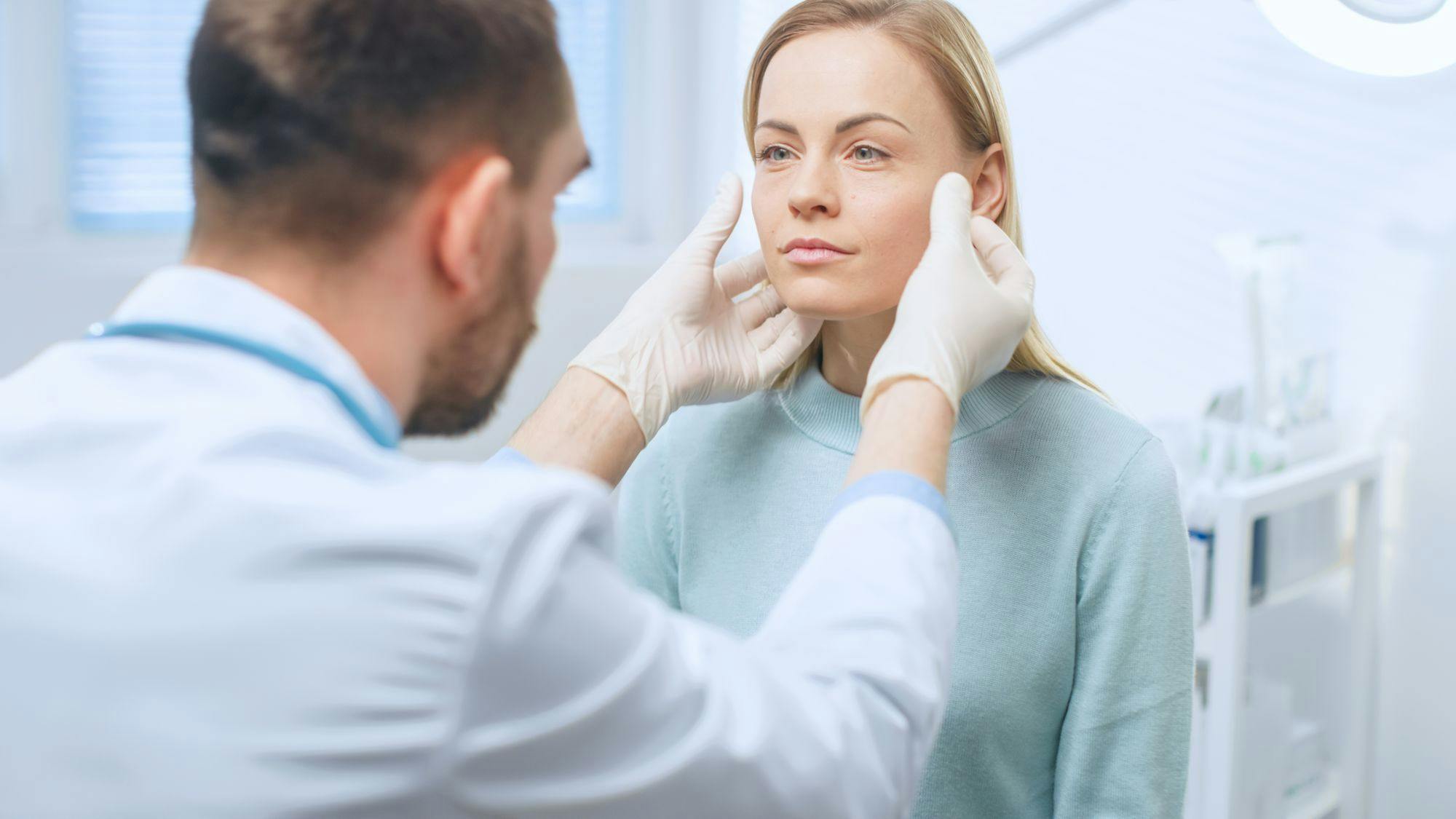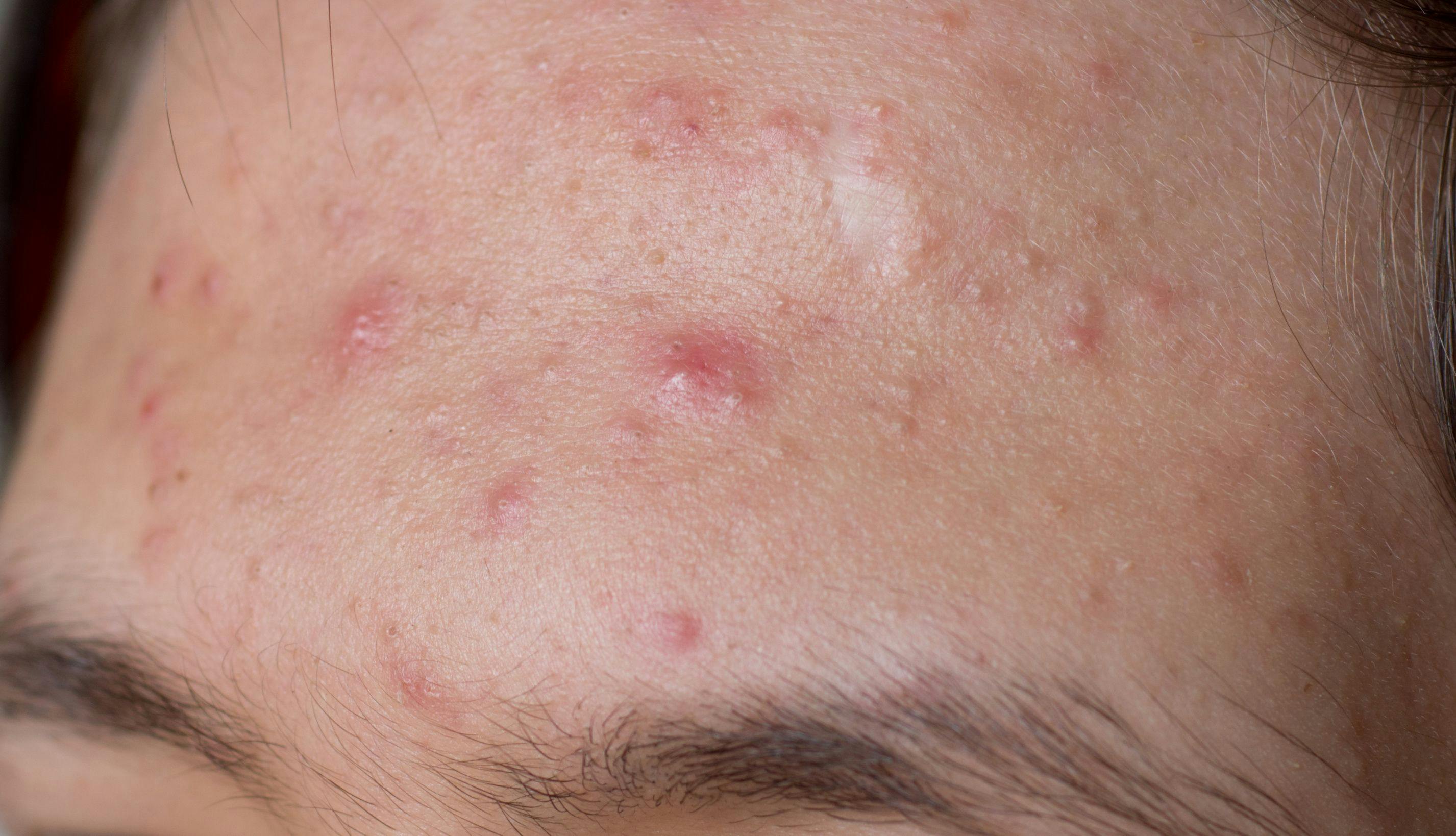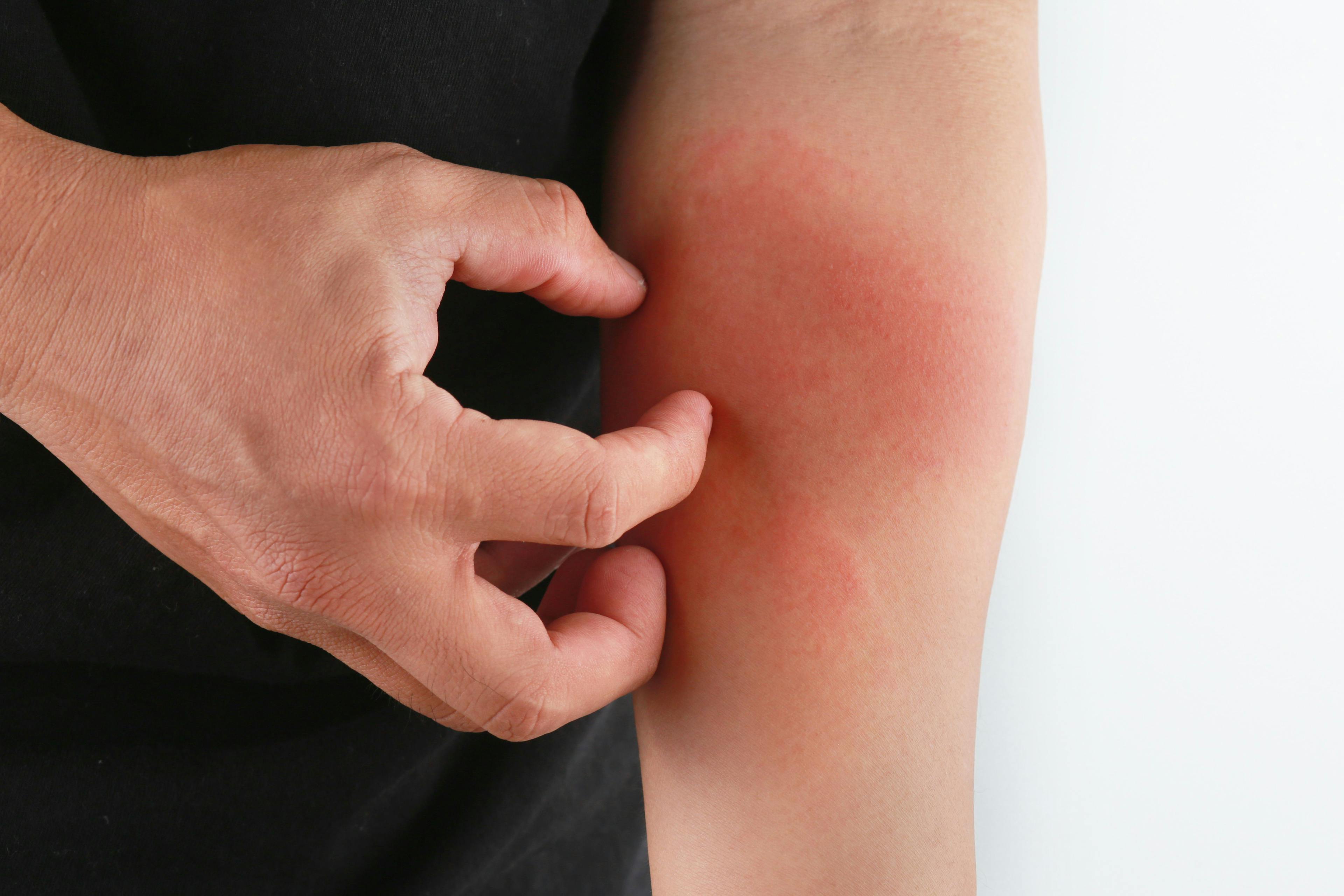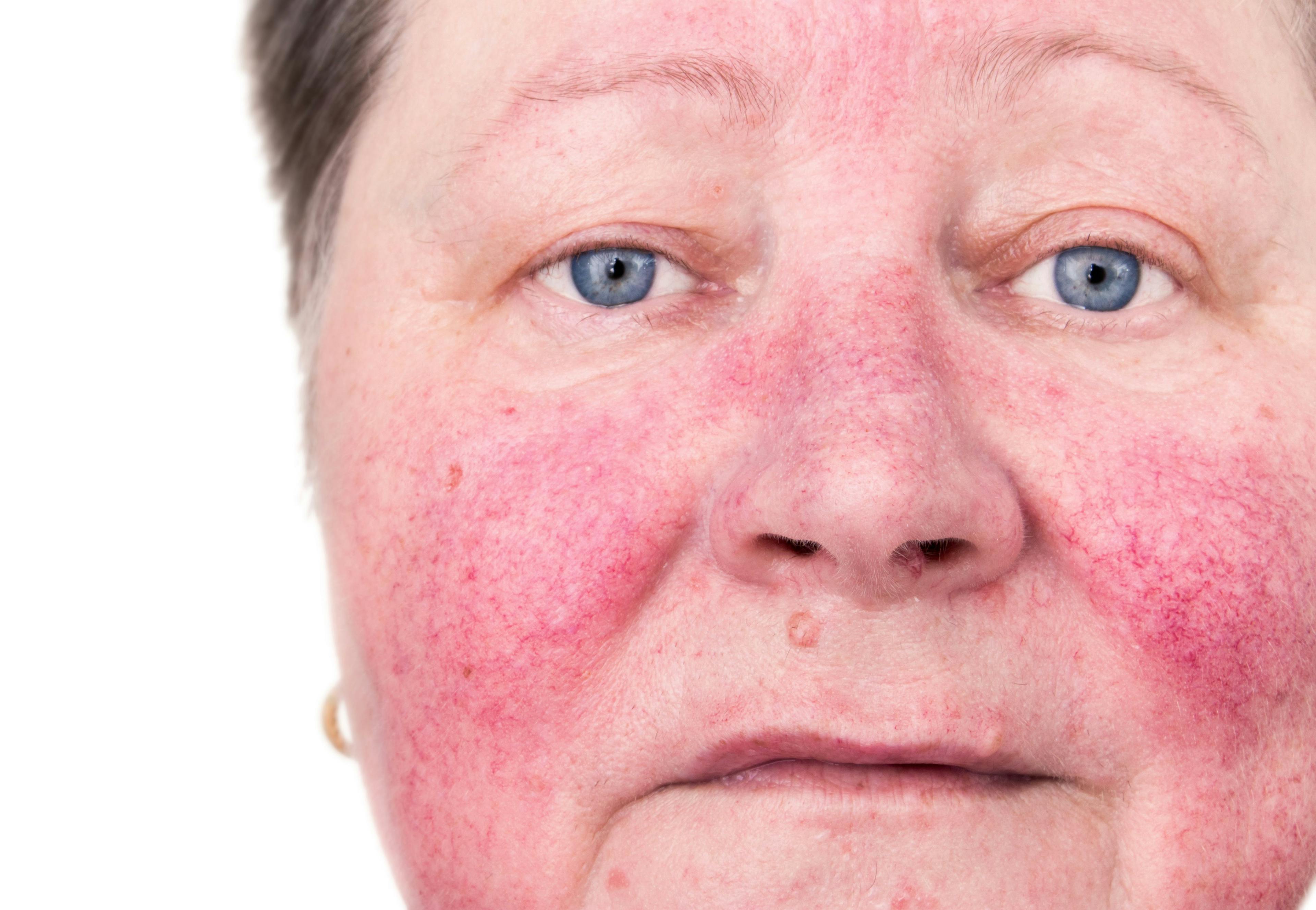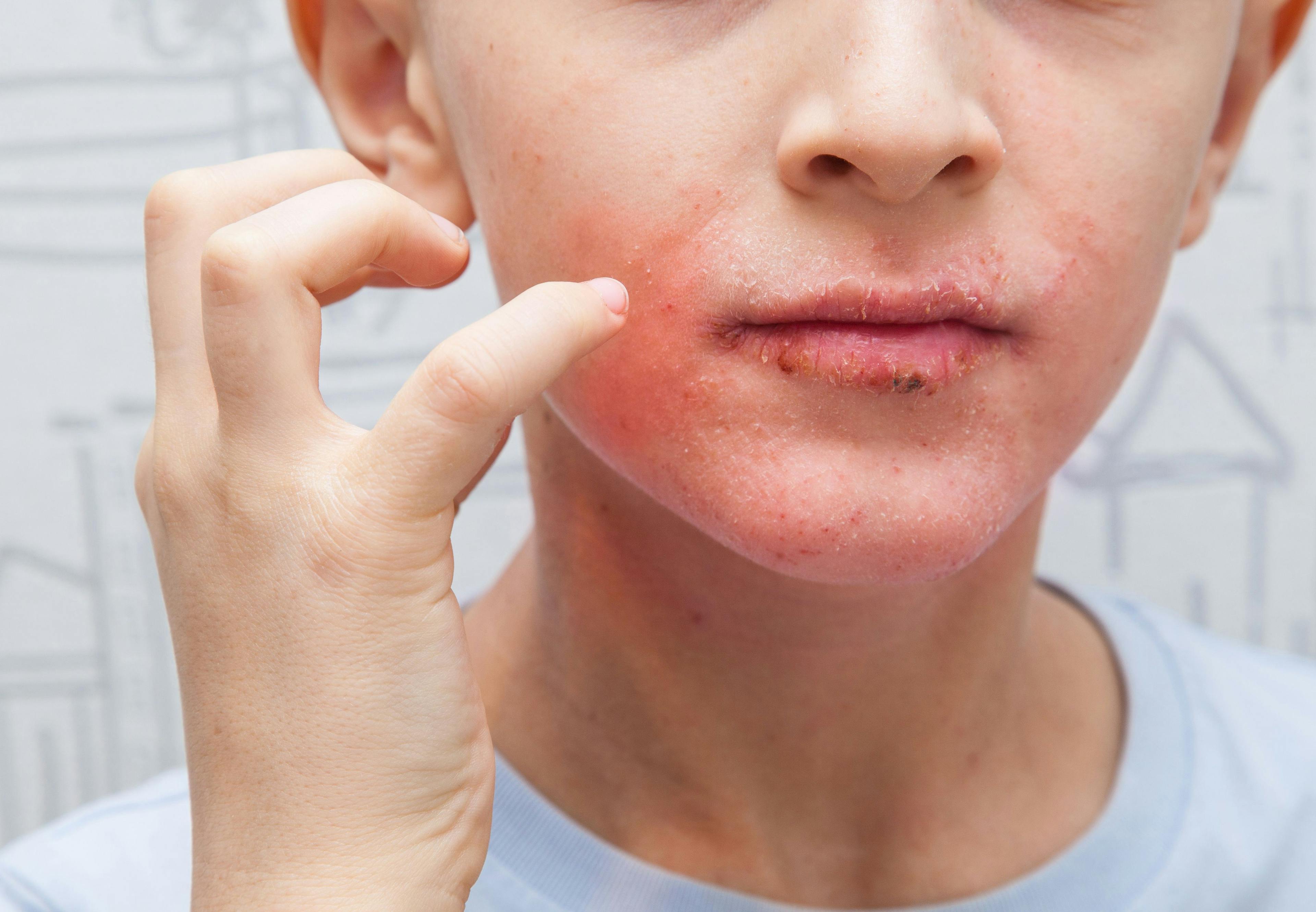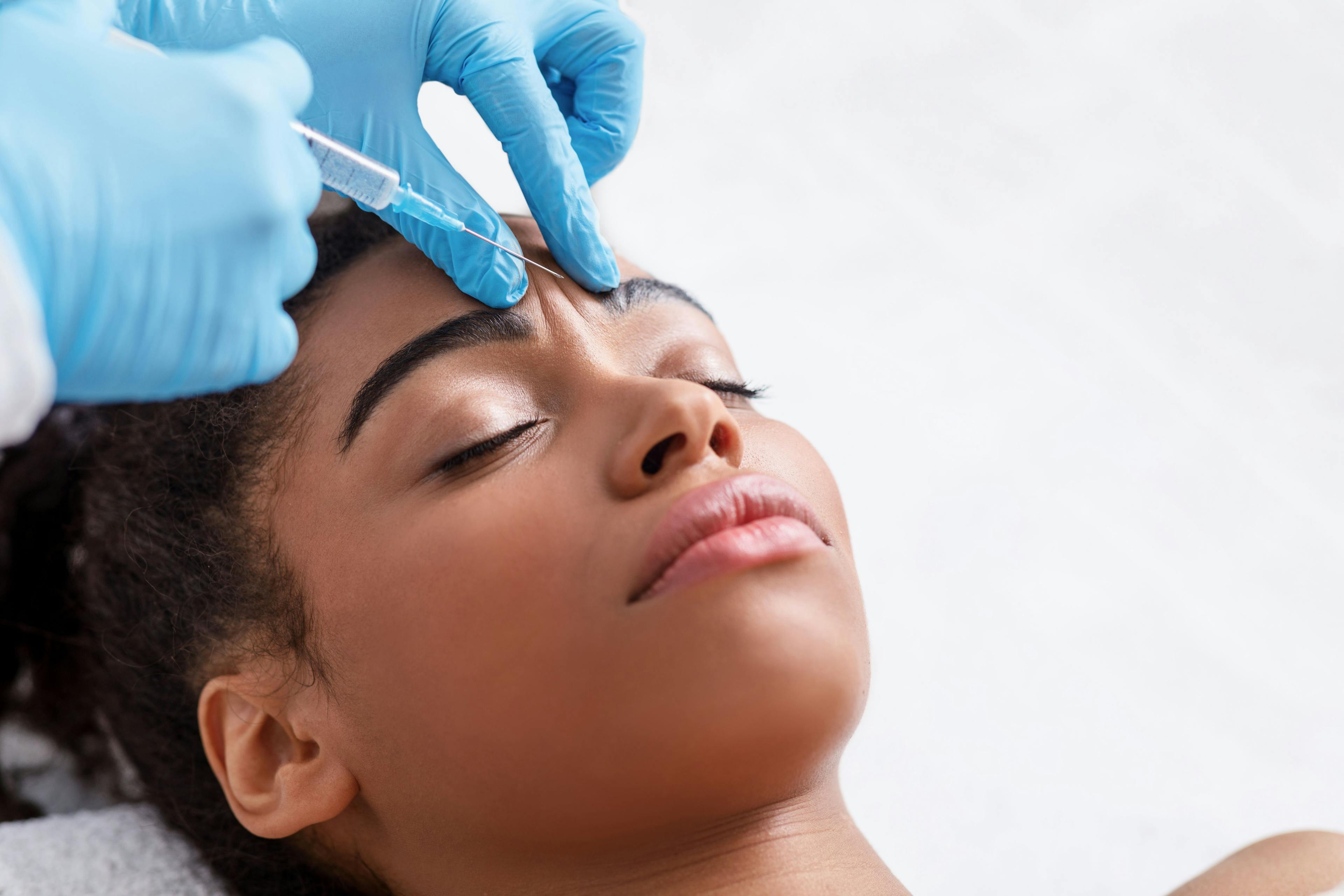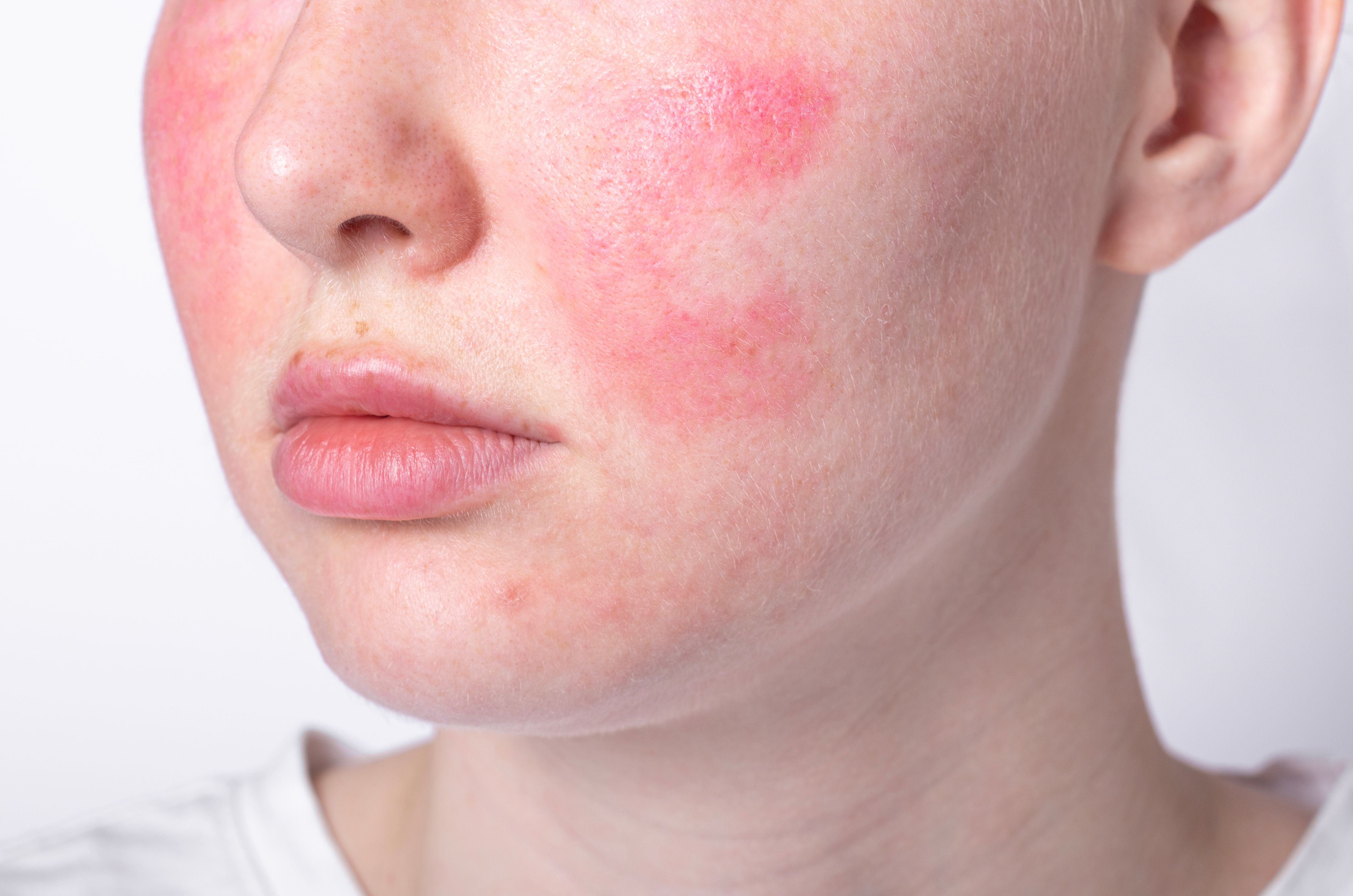- Acne
- Actinic Keratosis
- Aesthetics
- Alopecia
- Atopic Dermatitis
- Buy-and-Bill
- COVID-19
- Case-Based Roundtable
- Chronic Hand Eczema
- Chronic Spontaneous Urticaria
- Drug Watch
- Eczema
- General Dermatology
- Hidradenitis Suppurativa
- Melasma
- NP and PA
- Pediatric Dermatology
- Pigmentary Disorders
- Practice Management
- Precision Medicine and Biologics
- Prurigo Nodularis
- Psoriasis
- Psoriatic Arthritis
- Rare Disease
- Rosacea
- Skin Cancer
- Vitiligo
- Wound Care
Publication
Article
Dermatology Times
Epsolay Receives FDA Approval
Author(s):
Sol-Gel Technologies and Galderma announce the FDA approval of the 5% benzoyl peroxide, cream for the treatment of inflammatory lesions of rosacea.
With the end of rosacea awareness month nearing, Sol-Gel Technologies and Galderma have announced the approval of their 5% encapsulated benzoyl peroxide (E-BPO) cream (Epsolay; Sol-Gel Technologies Ltd and Galderma) for the treatment of inflammatory lesions of rosacea (papulopustular rosacea or PPR) in adult patients.1 Sol-Gel has granted to Galderma the exclusive rights to commercialize the 5% E-BPO cream in the United States.
The New Drug Application (NDA) for the product was filed back in 2020, with a Prescription Drug User Fee Act (PDUFA) date for the FDA to make a decision on Epsolay is set for April 26, 2021 but was delayed due to the pandemic.2 This product uses Sol Gel’s patented microencapsulation technology that creates a barrier between the skin and the dose. The technology aims to reduce the risk of benzoyl peroxide’s oxidative effect which can cause skin irritation.
The approval was based on 2 positive, identical phase 3 randomized, double-blind, multicenter, 12-week, clinical trials. Both trials evaluated the safety and efficacy of the 5% E-BPO cream compared to vehicle in 733 patients with inflammatory lesions of rosacea. Both trials had the coprimary endpoints of the proportion of patients with treatment success and the absolute change from baseline in lesion counts at week 12.
It was found that the 5% E-BPO cream demonstrated great efficacy than the vehicle cream in both endpoints starting from 4 weeks of treatment in both trials. With E-BPO cream treatment, inflammatory lesions of rosacea were reduced by nearly 70% by the end of both 12-week trials vs. 38-46% with vehicle, according to the press release. Additionally, almost 50% of patients achieved an Investigators Global Assessment (IGA) of 0/1 at 12 weeks compared to 38%-46% with placebo. At week 2, a post-hoc analysis of the lesion count and IGA success confirmed, a significantly greater treatment effect for the 5% E-BPO relative to vehicle. In the open-label extension, 73% of patients were IGA 1/0 at 52 weeks.
“Having Epsolay approved by the FDA is a watershed moment for the 16 million people in the United States suffering from rosacea,” stated Alon Seri-Levy, PhD, Chief Executive Officer of Sol-Gel, in the press release. “Based on the robust clinical data, we believe that Epsolay has the potential to change the treatment landscape. We are proud to have Galderma as our partner to launch this drug since Galderma has an unparalleled track record of introducing innovative drugs in the United States’ rosacea market,” said Dr. Seri-Levy.
Neal D. Bhatia. MD, dermatologist at Therapeutics Clinical Research in San Diego, California, said in the press release, “There is poor adherence of my patients to current treatments for inflammatory rosacea and I look forward to being able to prescribe Epsolay to them, primarily because Epsolay has demonstrated outstanding and rapid efficacy results and also because Epsolay has been shown to be well-tolerated, both of which are important factors to ensure patients' satisfaction.”
References:
- Sol-gel technologies and galderma announce fda approval of epsolay®. GlobeNewswire News Room. Published April 25, 2022. Accessed April 28, 2022. https://www.globenewswire.com/news-release/2022/04/25/2427977/0/en/Sol-Gel-Technologies-and-Galderma-Announce-FDA-Approval-of-EPSOLAY.html
- Sol-Gel Technologies Announces FDA Acceptance for Filing of New Drug Application for Epsolay® for the Treatment of Inflammatory Lesions of Rosacea: Sol-Gel. (2020, September 10). Retrieved September 14, 2020, from https://ir.sol-gel.com/news-releases/news-release-details/sol-gel-technologies-announces-fda-acceptance-filing-new-drug
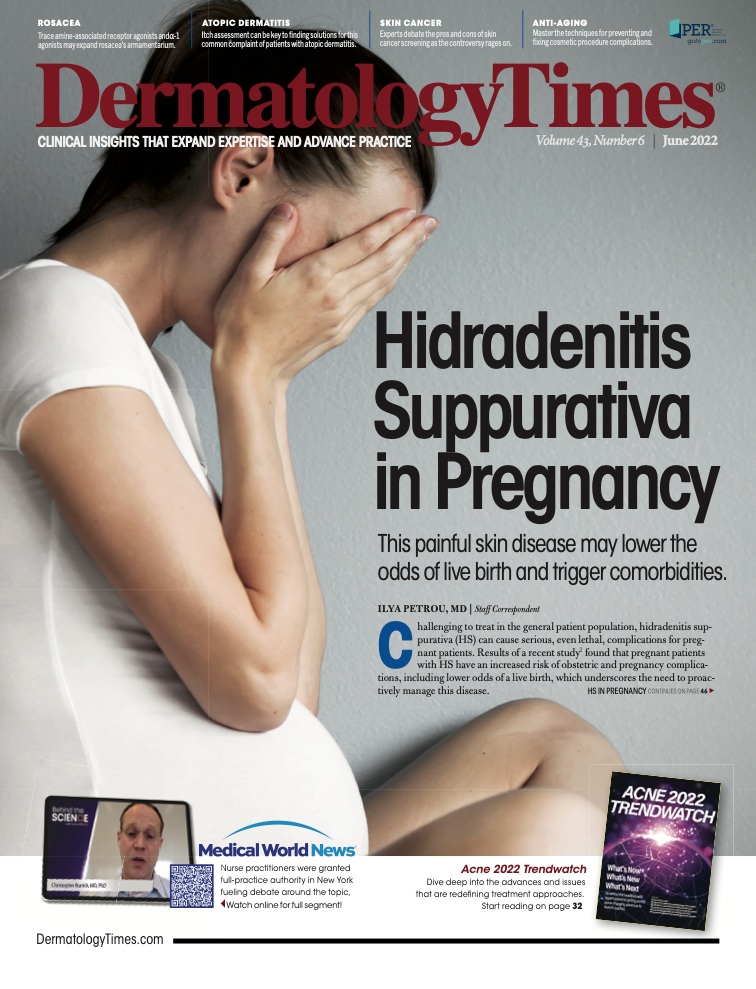
Newsletter
Like what you’re reading? Subscribe to Dermatology Times for weekly updates on therapies, innovations, and real-world practice tips.




